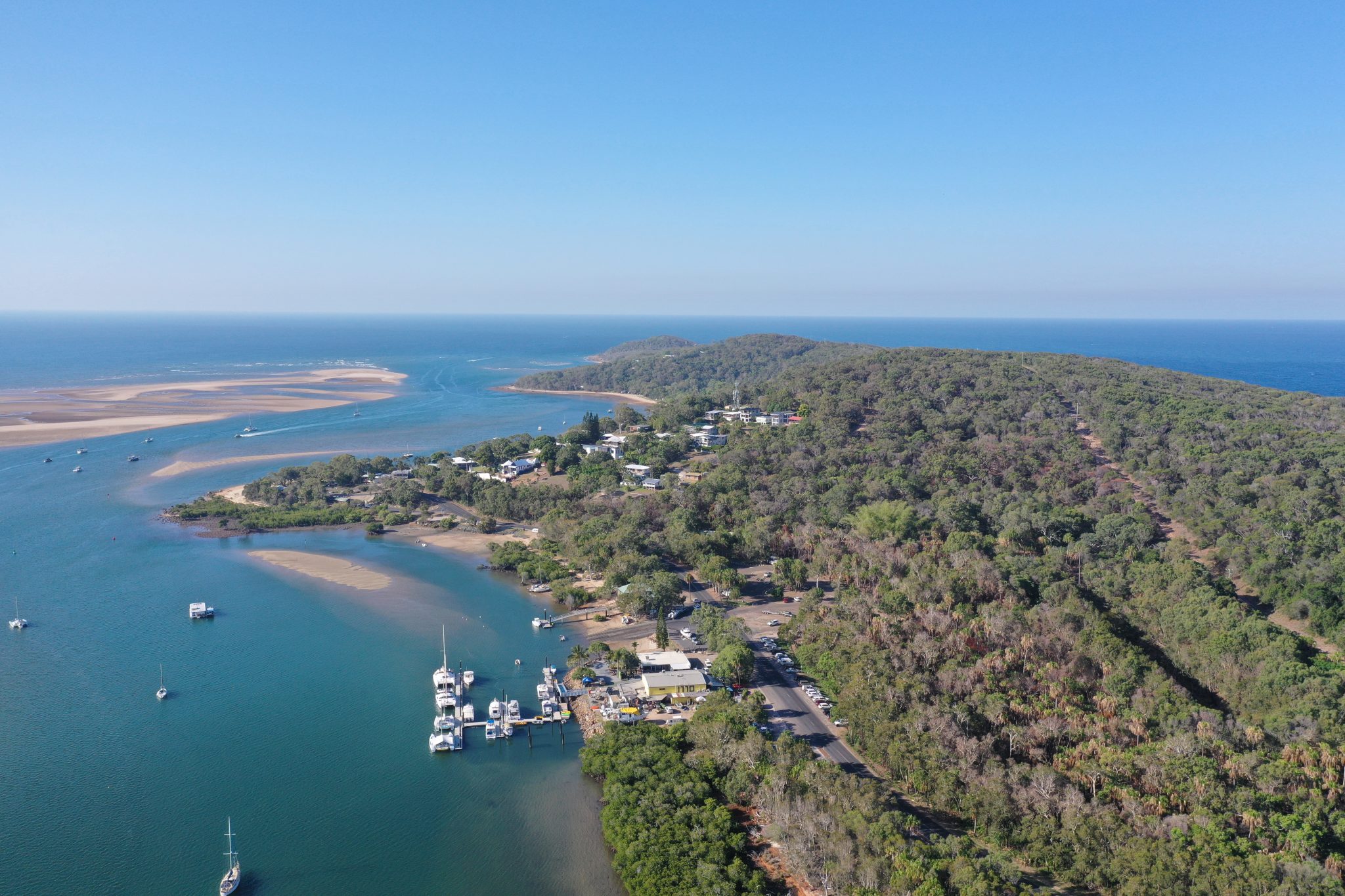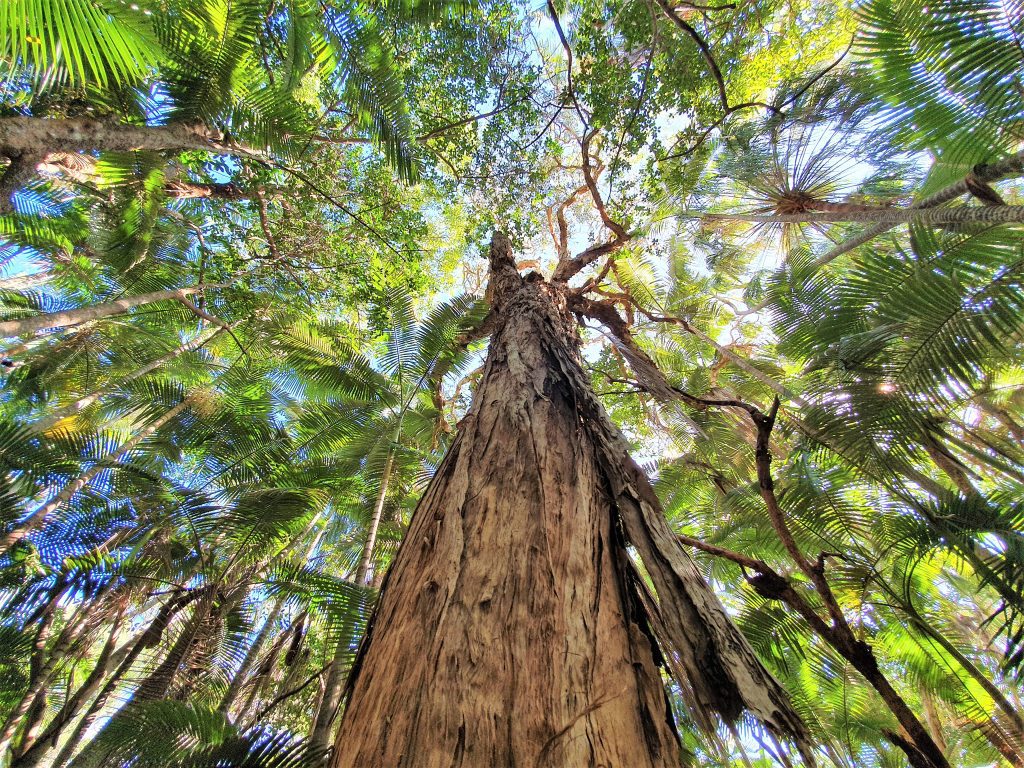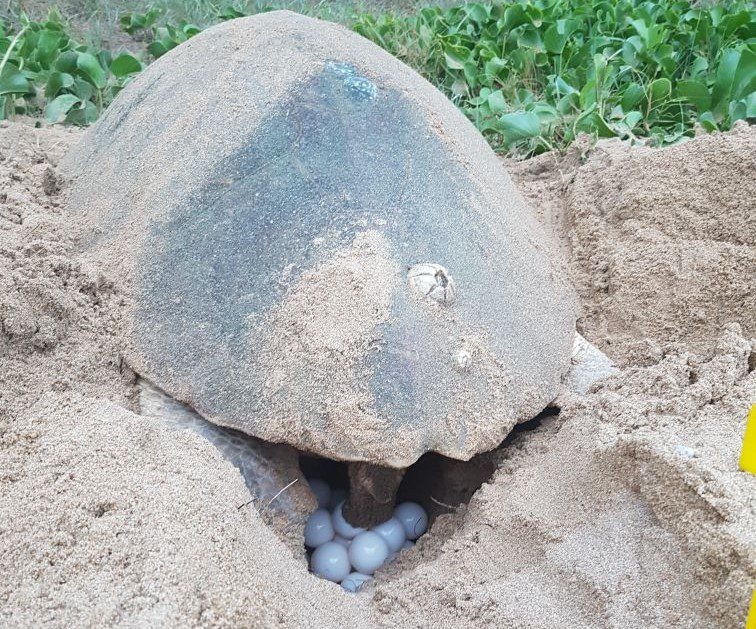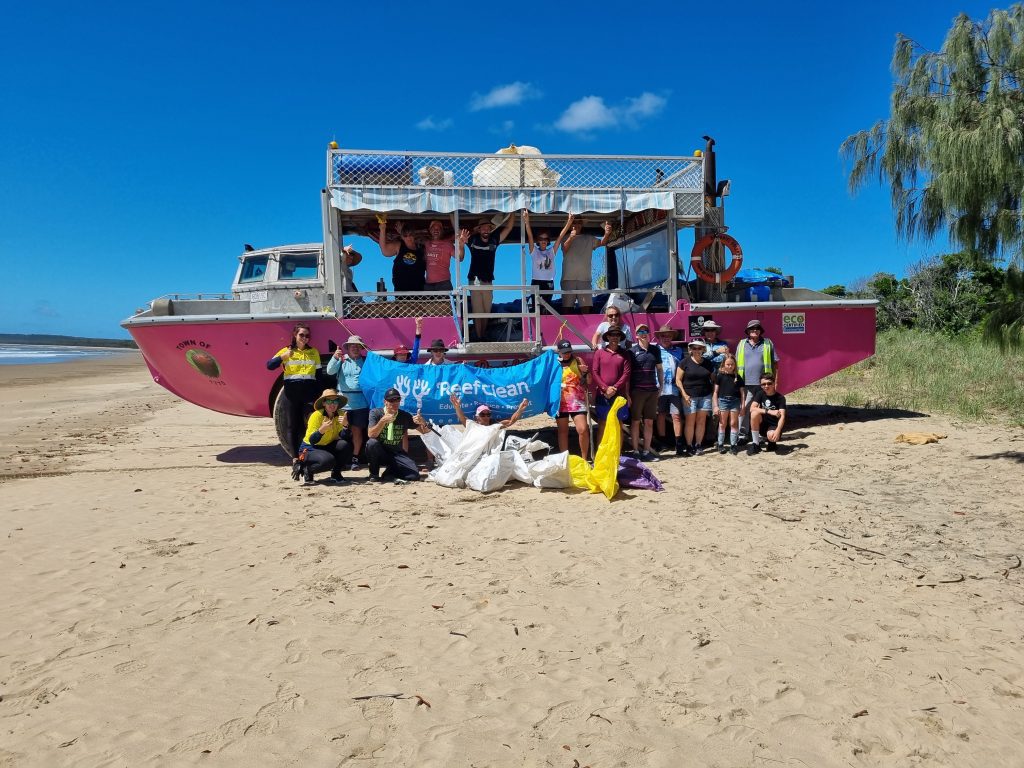12 Mar Climate Change – Yes we are going there

Hey there fellow Earth lovers! Let’s talk about the elephant in the room (or should we say, the planet in the room?) – climate change. We know it can be a heavy and daunting topic, but it’s also incredibly important. So, let’s put on our green thinking caps and dive in!
Simplify
First things first, let’s break down the word ‘Climate’. We think it’s important to recognise that climate does not just refer to temperature. Climate also takes into account precipitation, wind, humidity and any other weather variables. So when we talk about climate change, it’s a collection of changes within all of these factors.
Influences – not influencers
Climate is influenced by natural factors such as volcanic eruptions, solar radiation, and changes in the Earth’s orbit, as well as human activities such as burning fossil fuels and deforestation. Climate can vary significantly from one region to another, and it can change over time due to natural processes and human activities.

It’s getting hot in here
Why is most climate change conversation based around temperature?
Consistent Temperature data has been recorded for years and it is an indisputable data. Air quality, UV levels, water toxicity and earth movements do not have the same data collection history therefore quality comparisons can not be made. Temperature is also a metric measurement that people can easily relate to and understand, which is why it is often used in public discussions and media coverage of climate change.
So what has the temperature data shown?
The temperature data has shown an increase in Earth’s average temperature by 1 degree Celsius since the late 19th century.
That may not seem like a lot, but even small changes in temperature can have a big impact on our planet. From melting ice caps to rising sea levels, the effects of climate change are being felt around the world.
Why is that something to worry about?
Archaeology studies show significant evidence that the earth has been through many phases of temperature change. You’ve all heard of the ice ages, and warmer times. Climate change is nothing new. But it is the speed that the temperature is changing in recent times which is the concern. Along with the additional evidence suggesting that we can make the earth warmer but currently we have no means to cool it down. Making the only feasible action that we can actually take is try to pause it.

Hit the pause button
There are a number of simple steps that we can all take to help reduce our carbon footprint and minimize our impact on the environment. These might include:
Conscience travel: This is easy to do with The Green Travel Guide. This comprehensive list features tourism operators and destinations certified by Ecotourism Australia. These certifications assure travellers that they book high quality eco experiences. You can also use a holiday to make a great contribution, like joining a beach clean up with our team at 1770 LARC! Tours and Tangaroa Blue.

Go meatless once a week: Look, we get it – giving up burgers and bacon forever is a tough sell. But by going meatless just one day a week, you could help reduce greenhouse gas emissions and save precious resources like water and land. Plus, it’s a great excuse to try out some new vegetarian recipes.
Get your green fingers on: Plant a vege garden of your own and enjoy the fruits (or vegetables) of your labour. So many plus’s here …1 – You’re not eating foods that have been contaminated by pesticides or chemicals, effectively reducing these pollutants in the environment. 2 – It saves you money. 3 – By planting and maintaining a vegetable garden, you can help remove carbon dioxide from the atmosphere.
Support eco-friendly businesses: One of the easiest ways to make a difference is to support businesses that prioritize sustainability and eco-friendliness. From clothing brands that use recycled materials to restaurants that source their ingredients locally, there are plenty of options out there that make it easy to be green.
Plastic not Fantastic: By reducing plastic consumption, and reliance on single use plastics, we can help decrease the demand for plastic production and the amount of plastic waste that ends up in landfills and oceans. The production of plastic requires a significant amount of fossil fuels, and the process emits greenhouse gases like carbon dioxide and methane. Plastic also doesn’t biodegrade, so it remains in landfills and oceans for hundreds of years, continuing to release methane as it decomposes.
These are just a few easy ideas. Please feel free to share more in the comments section below.
Still not on board with the conversation?
That’s ok.
Regardless of the conversation, no one can say that plastics in our oceans, pollutants in our water, emissions in our air are any good for any human, animal or plant.
Ultimately, the point here is to recognize that it is a shared challenge that affects us all, and to work together to find solutions that protect our planet and ensure a sustainable future for generations to come.
So go ahead and be an eco warrior.

No Comments